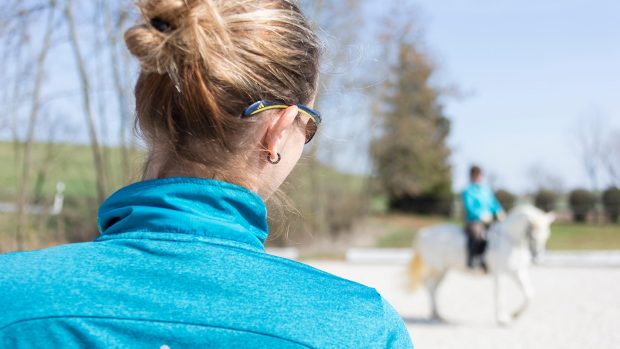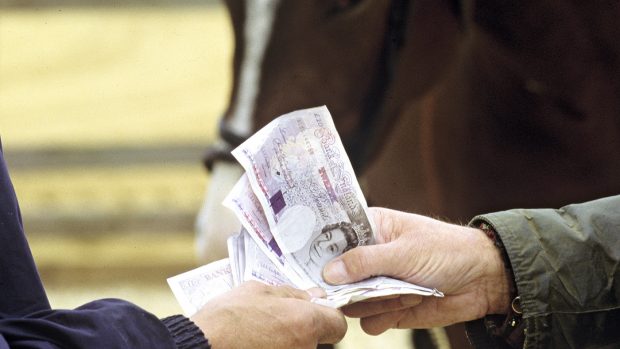Q: Last summer, I sold my lovely 14-year-old mare to someone who placed an ad in a magazine asking for a companion for their ex-show jumper. My mare had broken down badly and, although she was sound in the field, she was never to be ridden again. The ad said the horse was not for riding. The buyer confirmed this verbally and assured me she would have a lovely farm home and be stabled in the winter.
I have now found out that within two weeks the buyer had advertised the mare as a 10-year-old riding horse and sold her on without her passport. She was then sold again as a competition horse and is now lame. Do I have a case against the person I sold the mare to? The mare was very special to me and I would like to get her back and see justice done.
A: Unfortunately, once a horse is sold the seller has very little, if any, control over what a new owner does with it, unless both parties have signed a contract of sale stating what the horse is to be used for.
“Legal title will have passed on, and any problems that may arise in future sales can only be resolved between the person to whom you sold the mare and the subsequent owners,” explains Stuart Farr of Laytons Solicitors.
“If the buyer has bought and sold animals frequently enough to fall within the definition of a trade or business, however, the subsequent purchasers will have greater consumer protections available to them including the right to claim that false trade descriptions have been applied to the mare or possibly that the animal is not fit for its purpose,” adds Stuart.
“In that event, it would be open to you to report the buyer to Trading Standards and to the appropriate local authority for selling her without a passport, which is now unlawful.
“If you are attached to a horse and wish to maintain some control over its future, it is worth considering drawing up a contract of sale or providing the animal as a companion under a loan agreement, rather than selling it.”
Rachel Fairhead, a member of the Redwings welfare team, advises owners wanting peace of mind that their horse is going to a good home to take as many precautions as possible to reduce the risk of it falling into the wrong hands.
She says: “Some owners might want to consider arranging a short-term loan, with a view to buy or signover after a set time period if everybody involved is happy. Keeping in regular contact and putting a contract in place is also recommended strongly.
“Selling at a low price or giving a horse free to a good home isn’t advisable, as this can attract someone looking to make a quick profit by selling it on. There are good, caring homes out there and setting terms for a potential new owner is the best way to test their commitment.”
Rachel also advises getting clarification of the term “companion”, as it could apply to both a ridden and non-ridden animal.
- For equine legal advice, call Stuart Farr at Laytons Solicitors (tel: 0161 834 2100)
www.laytons.com - Redwings’s website, www.redwings.co.uk, has information on loaning (tel: 01508 481000)
This Q&A was first published in Horse & Hound (11 January, ’07). Send your equine related questions to HHadvice@ipcmedia.com




